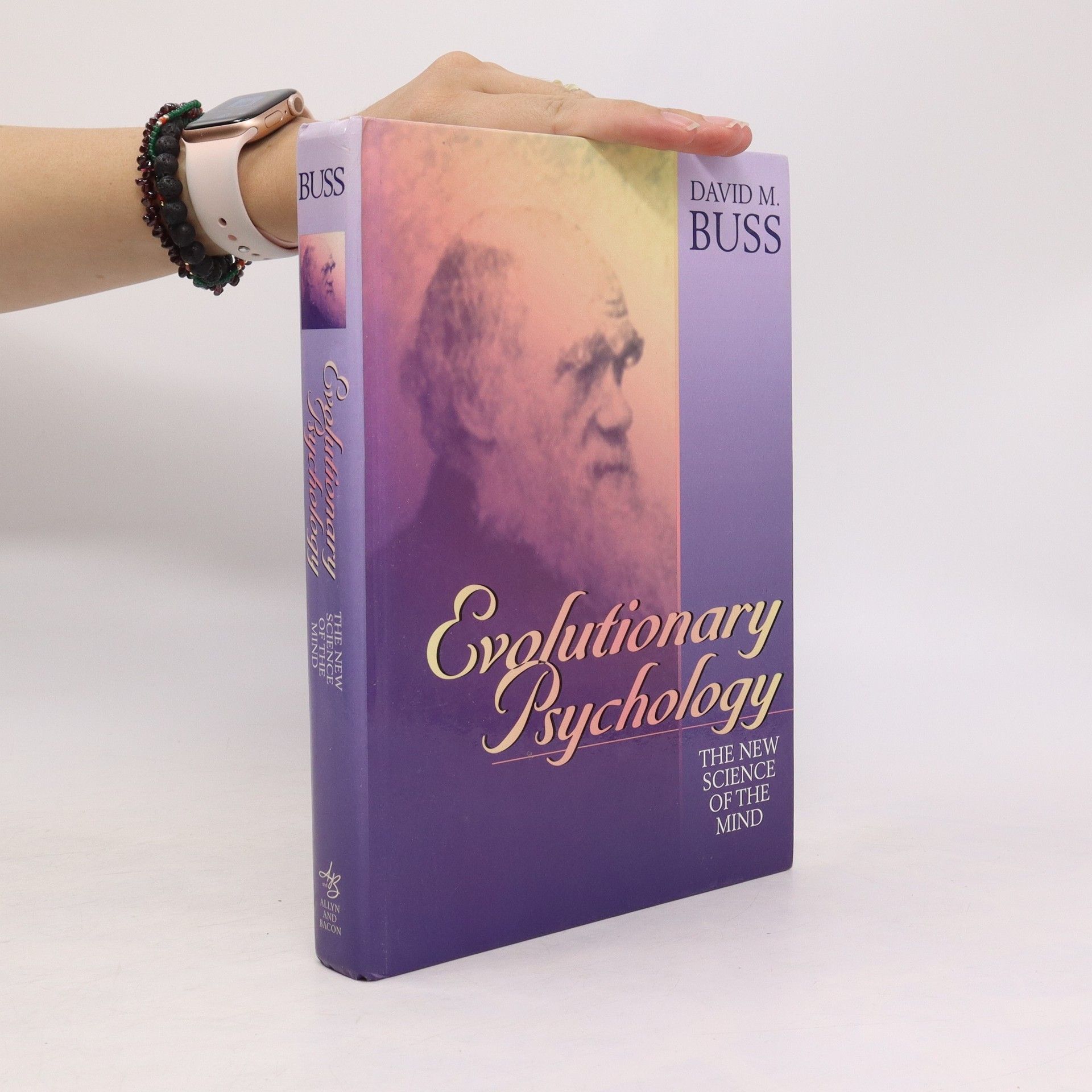Evolutionary Psychology
- 456 pages
- 16 hours of reading
Composed of cutting-edge reasearch and featuring an engaging writing style, the author offers compelling scientific answers to the profound human questions regarding love and work. Beginning with a historial introduction, the text logically progresses by discussing adaptive problems humans face and ends with a chapter showing how the new field of evolutionary psychology encompasses all branches of psychology. Each chapter is alive with the subjects that most occupy our minds: sex, mating, getting along, getting ahead, friends, enemies, and social hierarchies. Why is child abuse 40 times more prevalent among step-families than biologically intact families? Why, according to one study, did 75% of men but 0% of women consent to have sex with a complete stranger? Buss explores these intriguing quandaries with his vision of psychology in the new millenium as a new science of the mind. Anyone with an interest in the biological facets of human psychology will find this a fascinating read.
